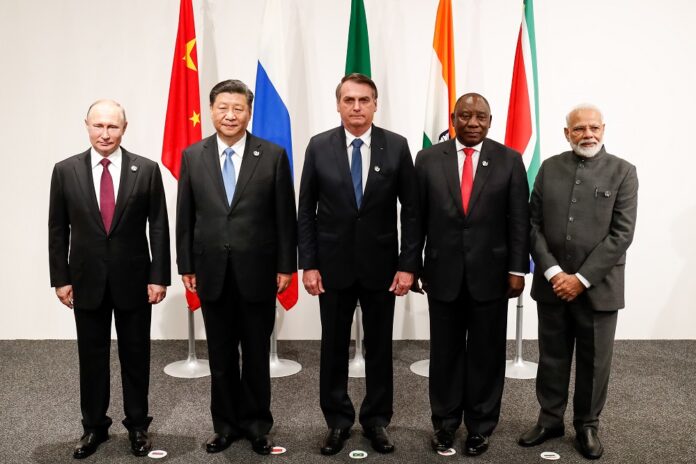The BRICS alliance, originally composed of Brazil, Russia, India, China, and South Africa, is set to expand significantly as Saudi Arabia, Iran, the United Arab Emirates, Ethiopia, and Egypt have all accepted invitations to join this influential group starting January 1.
Bloomberg notes that the expansion aims to broaden economic cooperation and geopolitical influence among emerging economies. Alongside these newcomers, Argentina was also extended an invitation, yet President Javier Milei, who assumed office on December 10, decided against joining.
Milei had previously emphasized during his electoral campaign that he intended to recalibrate Argentina’s foreign policy away from closer ties with China and Brazil. His stance centered on a commitment to align the nation’s geopolitical interests more closely with the United States and Israel.
The President remarked, “Our geopolitical alignment is with the United States and Israel. We are not going to ally with communists,” which reflected his policy priorities and divergence from the BRICS partnership.
The decision by these nations to either accept or decline membership illustrates shifting geopolitical alliances and priorities in an evolving global landscape, adding layers of complexity and diversity to international alliances and economic partnerships.



